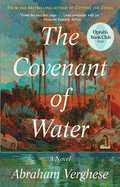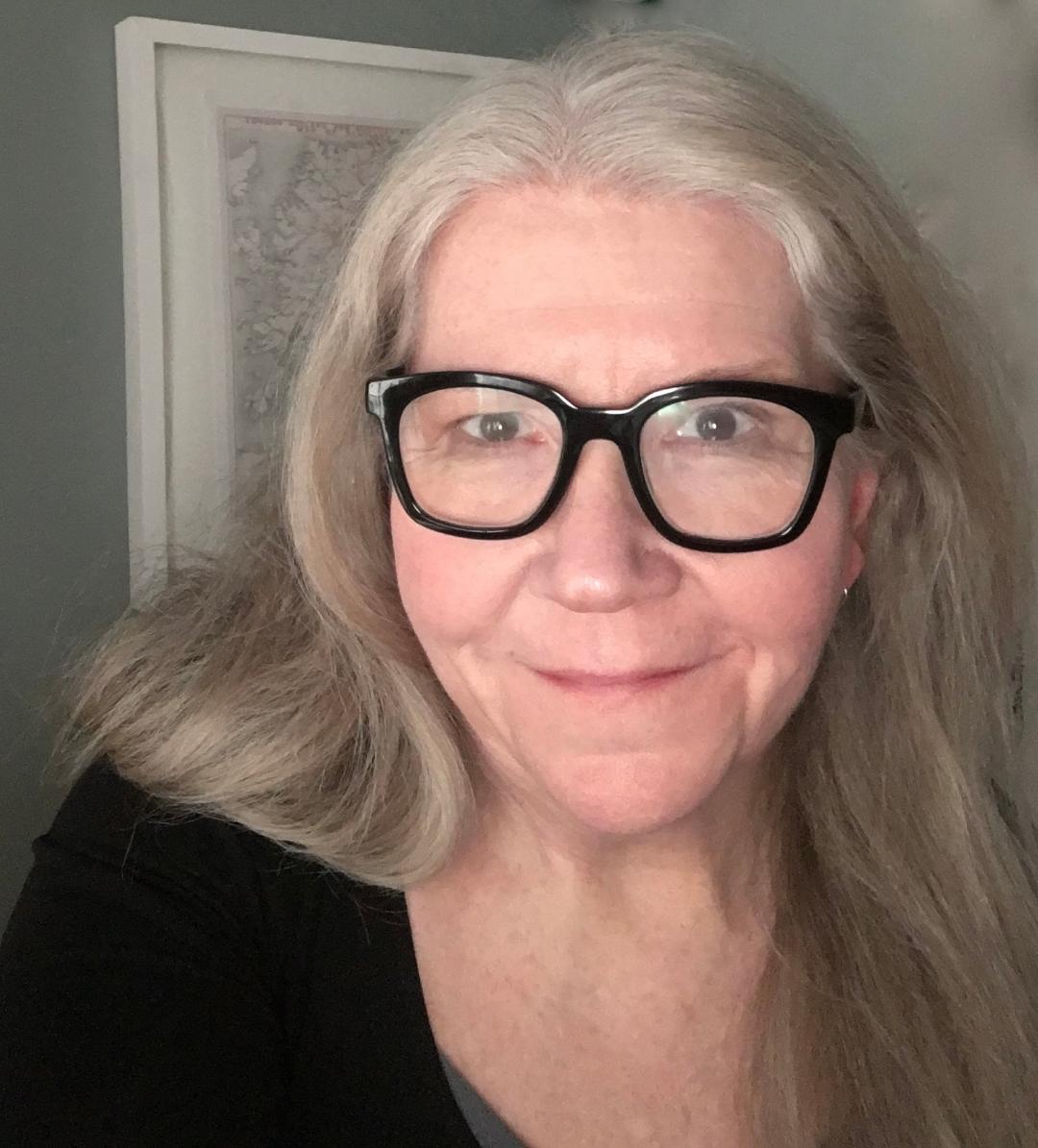 Kimberly Olson Fakih is the author of two works of fiction for children, High on the Hog and Grandpa Putter & Granny Hoe, as well as the lexicon Off the Clock and The Literature of Delight, a guide to funny books for kids. Her latest book is her first adult novel, Little Miseries: This Is Not a Story About My Childhood, published by Delphinium Books. She worked in publishing for many years, as a freelance reviewer at the New York Times and elsewhere, and was later senior children's book review editor at Kirkus Reviews, a position she currently holds at School Library Journal. She is Iowa-born, Minnesota-raised, and a permanent New Yorker.
Kimberly Olson Fakih is the author of two works of fiction for children, High on the Hog and Grandpa Putter & Granny Hoe, as well as the lexicon Off the Clock and The Literature of Delight, a guide to funny books for kids. Her latest book is her first adult novel, Little Miseries: This Is Not a Story About My Childhood, published by Delphinium Books. She worked in publishing for many years, as a freelance reviewer at the New York Times and elsewhere, and was later senior children's book review editor at Kirkus Reviews, a position she currently holds at School Library Journal. She is Iowa-born, Minnesota-raised, and a permanent New Yorker.
Handsell readers your book in 25 words or less:
Growing up in the hapless swinging '70s, a cynical 10-year-old locates cracks in her perfect Midwestern family that led to generations of neglect and abuse.
Favorite book when you were a child:
Favorite as in I loved it so much I stole it was Up a Road Slowly by Irene Hunt, who is better known for Across Five Aprils. There was an alcoholic, possibly gay uncle; an older woman who was mentally "frail" who these days would be medicated into vivacity; and a child with a learning disability who was also morbidly neglected at home. Covering 10 years in the heroine's life, it offered a rich view of real people when I was aching to know about anyone outside my narrow suburban life.
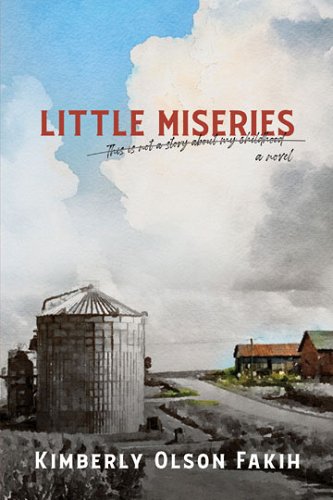 Your top five authors:
Your top five authors:
Toni Morrison, who makes me forget my surroundings and my own skin for pages at a time, until the emotional lives of a character lacerate me back into a very altered present.
Jane Gardam, in her later years, the Old Filth trilogy especially. That someone can both remember childhood in A Few Fair Days and then grasp marriage and all its mean, minced subtleties--I don't know anyone doing it better than she does.
Eleanor Fitzsimons--The Lives and Loves of E. Nesbit. I had a friend late in my life and even later in his, Peter Mayer, who was publishing her so I saw this in manuscript. She has a fierce understanding of men and women and their intellectual and emotional dynamics that makes me wish she could drop one book a year, at a minimum.
Edith Wharton, who turned every restriction forced on her by her station in life--as exalted as that wealthy, privileged station was--into a "what if" about other women and imagined herself into my favorite rereads: Hudson River Bracketed, The Reef, Summer.
Henrik Ibsen, and I apologize. He just does not get enough credit for how modern his view and writing were. The Enemy of the People could have been produced by Mark Ruffalo and starred Erin Brockovich.
Book you've faked reading:
I was going to say Middlemarch but I always cop to that. I've tried. But it would be The Power Broker by Robert Caro. I've tried, I'm not the cool kid, I dislike reading about people I dislike, no matter their impact on my surroundings.
Book you've bought for the cover:
I've never bought a book for the cover.
Book you hid from your parents:
Everything you always wanted to know about sex* (*but were afraid to ask). And that's all we'll say about that.
Book that changed your life:
Shipwreck at the Bottom of the World by Jennifer Armstrong, written for young readers. With the subtitle The Extraordinary True Story of Shackleton and the Endurance, you would think anyone could make that story exciting, but I have read all the adult titles and what they leave in you don't need. She makes it thrilling. During some rough financial days of no respite, that book was my bible. No food, no sleep, unrelenting cold? I was fine.
Favorite line from a book:
"We might as well begin forgiving right at the beginning of any drama rather than put ourselves through the full cycle of festering, incapacitation, reluctant healing and eventual blessing." It's David Whyte, in Consolations. It helped me explain why I can never hold a grudge.
Five books you'll never part with:
Hunger by Knut Hamsun, with an introduction by Isaac Bashevis Singer
In Praise of Shadows by Junichiro Tanizaki
Complete Poems of Robert Frost, which is falling apart. I read it aloud to someone who was dying.
Matthew Arnold Prose and Poetry, edited by Archibald L. Bouton. It's a 1927, red clothbound edition, embossed with flaking gold leaf, and I found it in a transfer station in Norwich, Vermont. The previous owner has written in the lightest pencil--it's not faded, but someone who wants to be able to erase the notations. I'm reading it because every mid-century book I read from almost anywhere in the United Kingdom quotes him, and it feels as if I'm finally learning Latin, and will now understand more about the other books.
A first edition of The Melting of Molly by Maria Thompson Daviess because it is more than 100 years old and it is the ultimate weight loss book/makeover book/meet-cute rom-com and I'm rewriting it for modern times.
Book you most want to read again for the first time:
The House of Mirth by Edith Wharton. A friend recommended it when we were both 23 and she didn't offer anything about it except "Read it." I put the book down at the last page and phoned her to yell at her. It was the first time a book had devastated me, and left me immobile for hours.
 In February, bookstore sales rose 10.7%, to $609 million, compared to February 2022, according to preliminary Census Bureau estimates. By comparison to pre-pandemic times, bookstore sales in February were 7% higher than in February 2020. For the year to date, bookstore sales rose 13.5%, to $1.6 billion compared to the first two months of 2022.
In February, bookstore sales rose 10.7%, to $609 million, compared to February 2022, according to preliminary Census Bureau estimates. By comparison to pre-pandemic times, bookstore sales in February were 7% higher than in February 2020. For the year to date, bookstore sales rose 13.5%, to $1.6 billion compared to the first two months of 2022.





SHELFAWARENESS.1222.S1.BESTADSWEBINAR.gif)


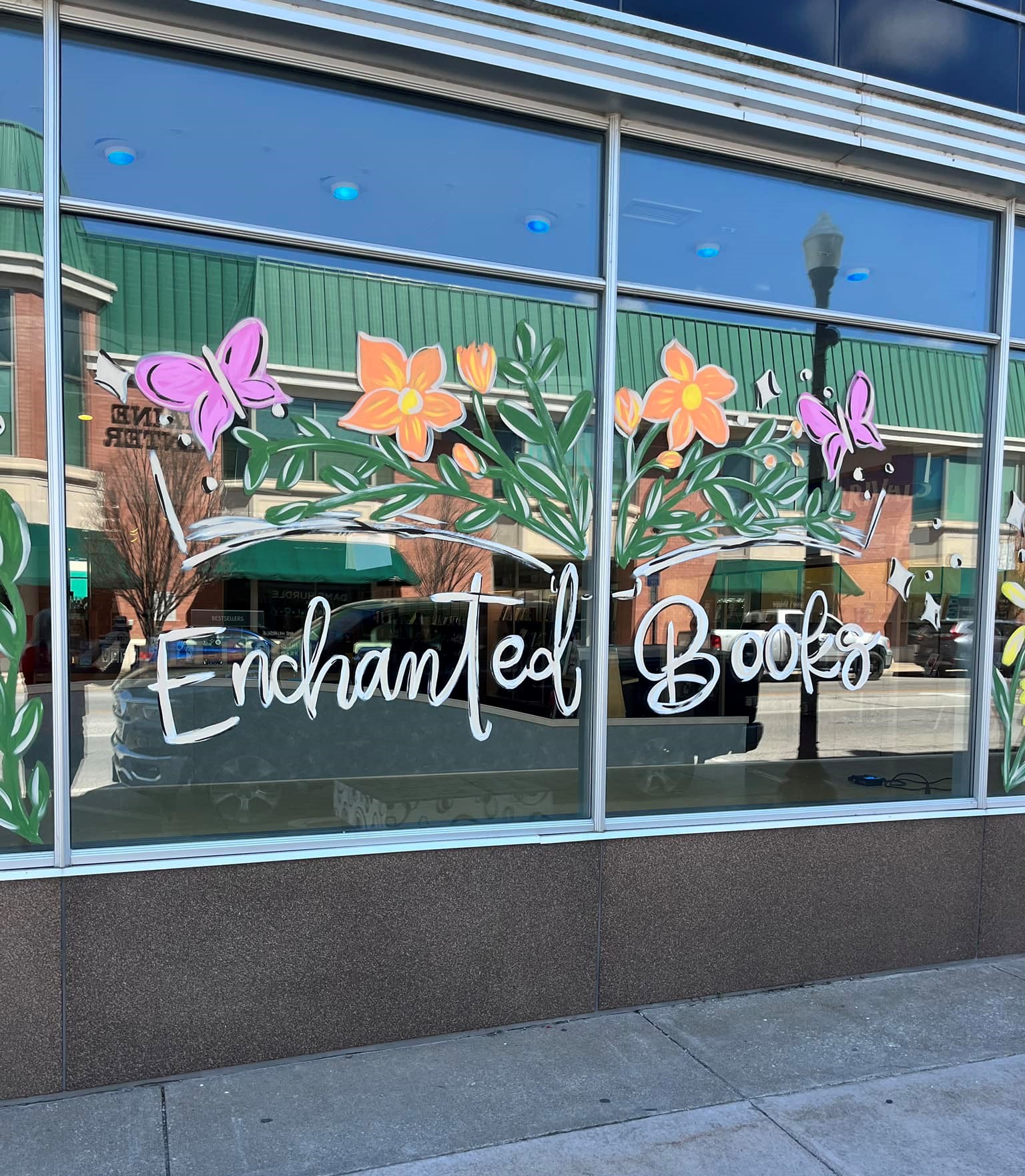

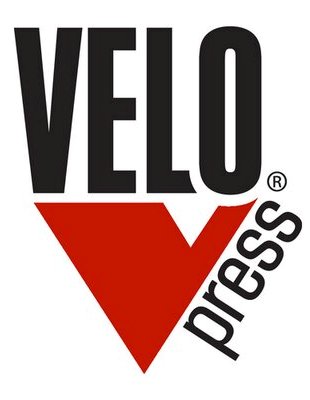 Ulysses Press has acquired VeloPress, a health and fitness book publisher, from Outside Interactive, Inc. Ulysses Press said that the move will add titles like Running Rewired, The Triathlete's Training Bible, and The Feed Zone Cookbook to Ulysses's health and fitness catalog. Ulysses Press will continue to use the VeloPress name as an imprint.
Ulysses Press has acquired VeloPress, a health and fitness book publisher, from Outside Interactive, Inc. Ulysses Press said that the move will add titles like Running Rewired, The Triathlete's Training Bible, and The Feed Zone Cookbook to Ulysses's health and fitness catalog. Ulysses Press will continue to use the VeloPress name as an imprint.
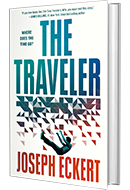
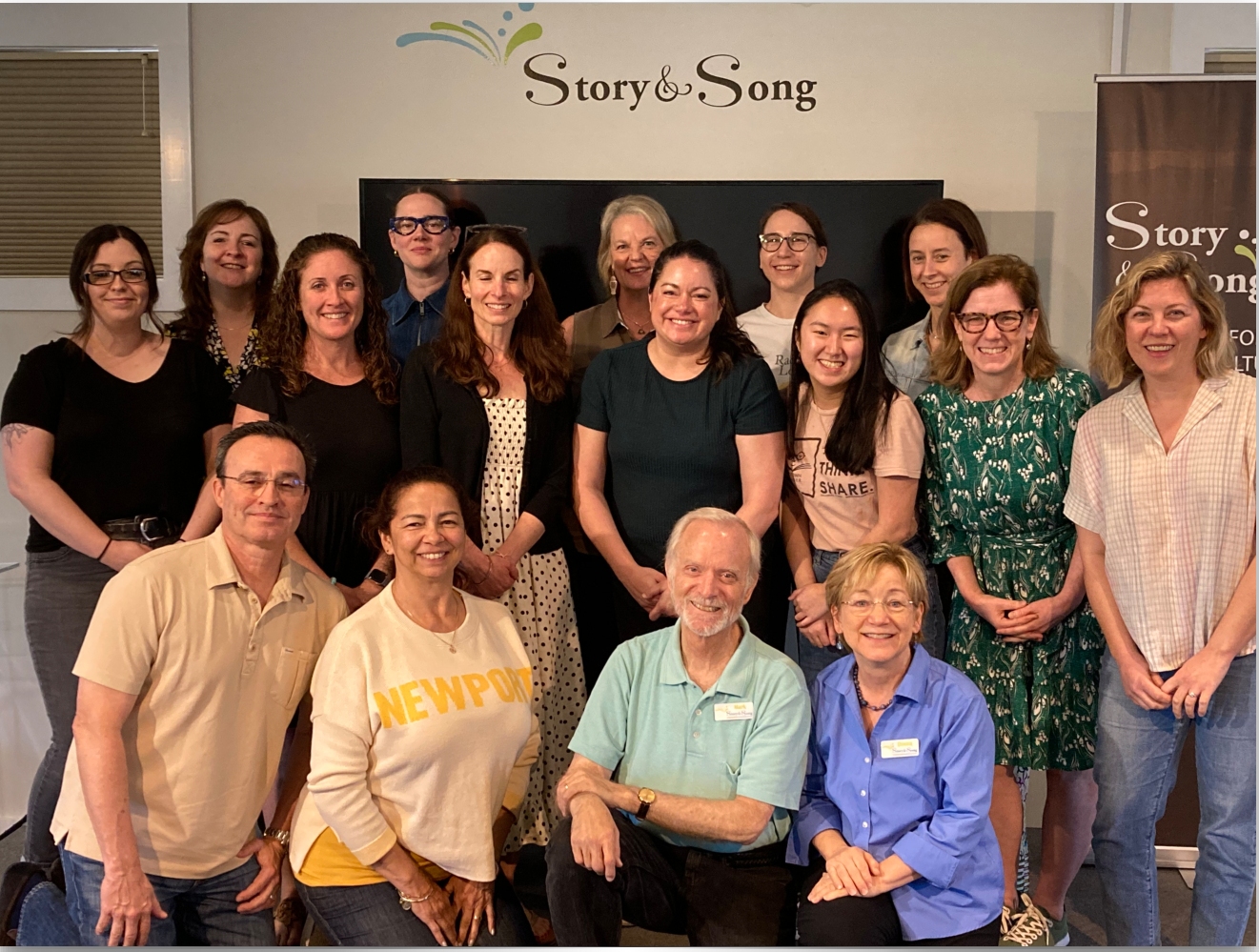 Paz and Associates'
Paz and Associates' 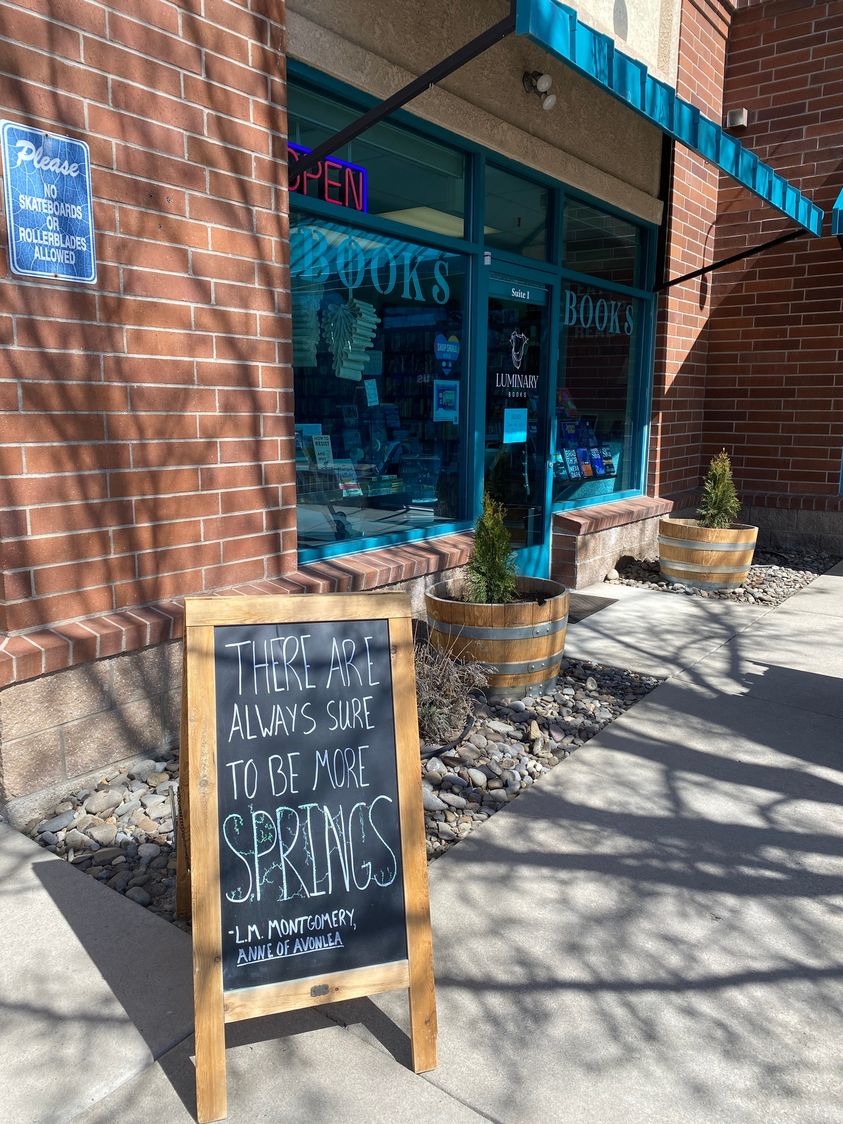 "
"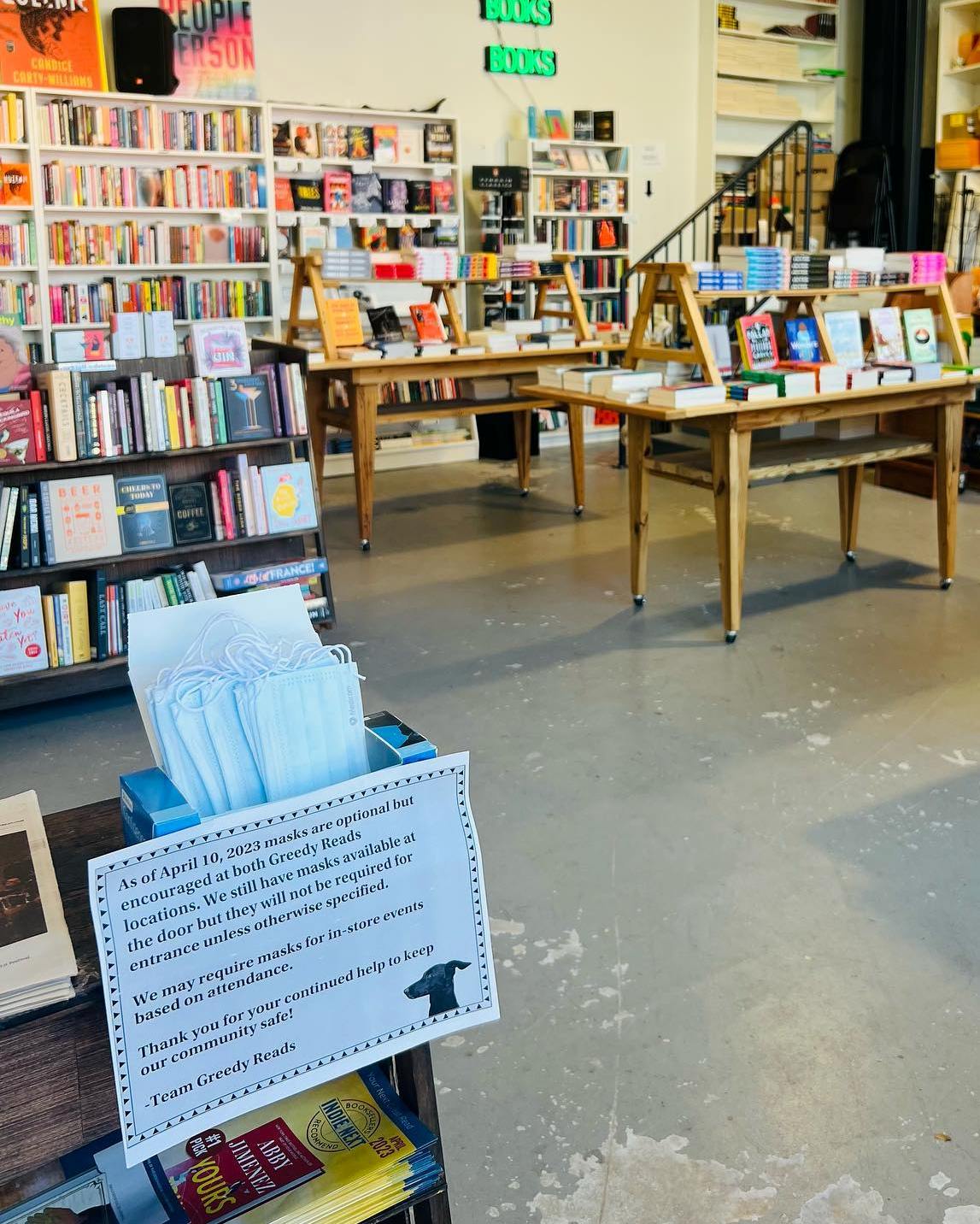 The Covid-19 pandemic may not be front-page news now, but indie booksellers are still negotiating the persistent uncertainties. Posted on Facebook by
The Covid-19 pandemic may not be front-page news now, but indie booksellers are still negotiating the persistent uncertainties. Posted on Facebook by 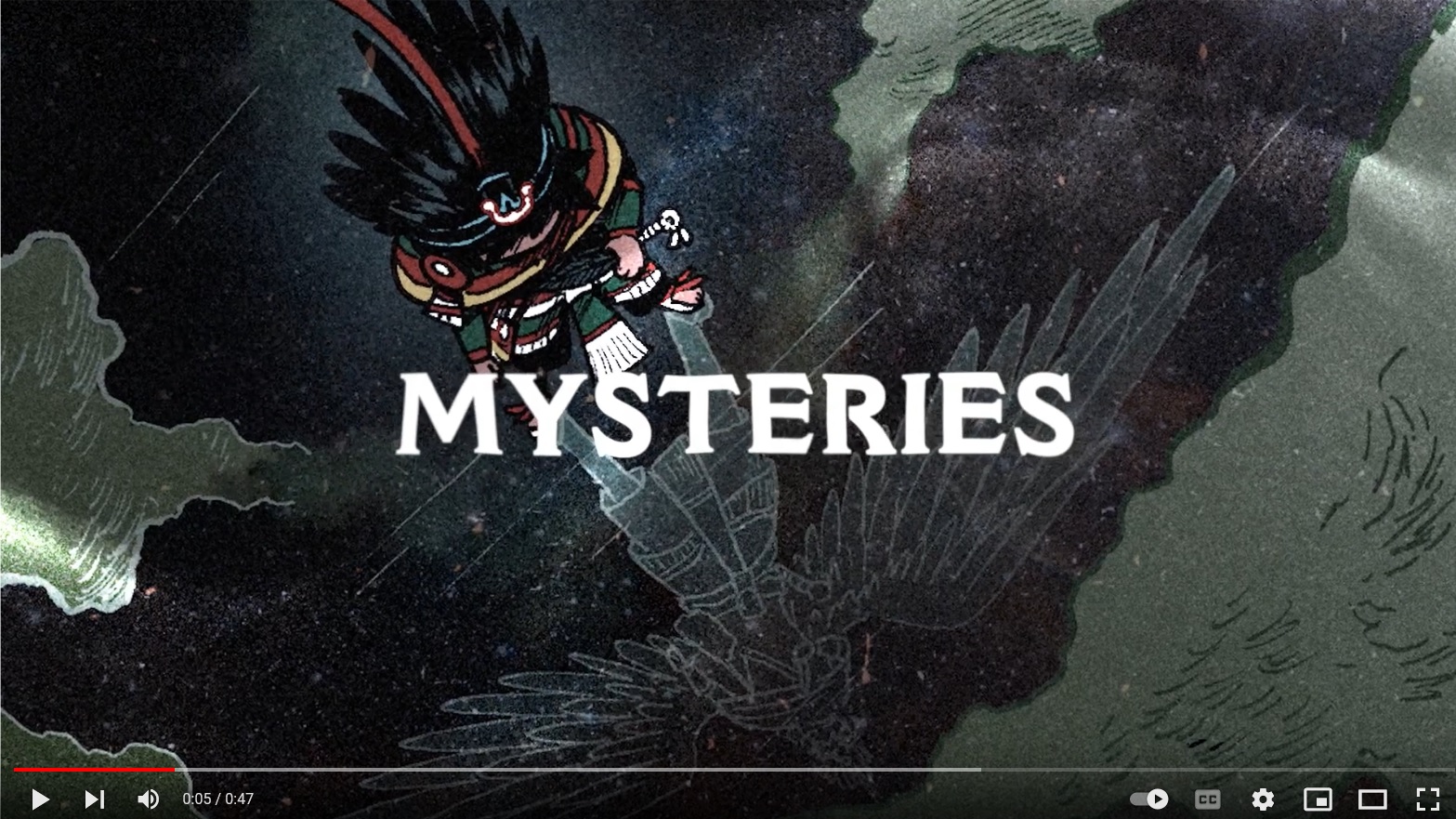 Codex Black (Book One): A Fire Among Clouds
Codex Black (Book One): A Fire Among Clouds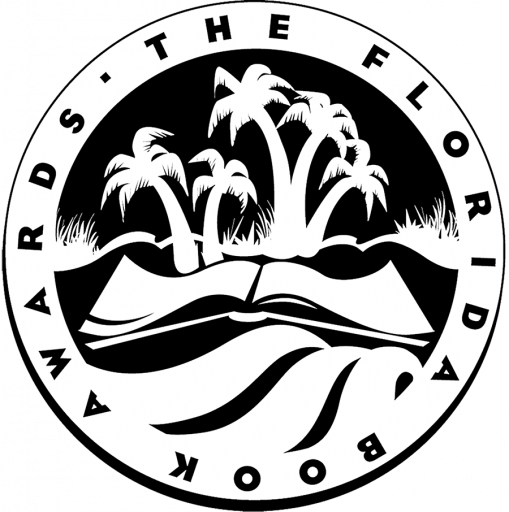

 Your top five authors:
Your top five authors: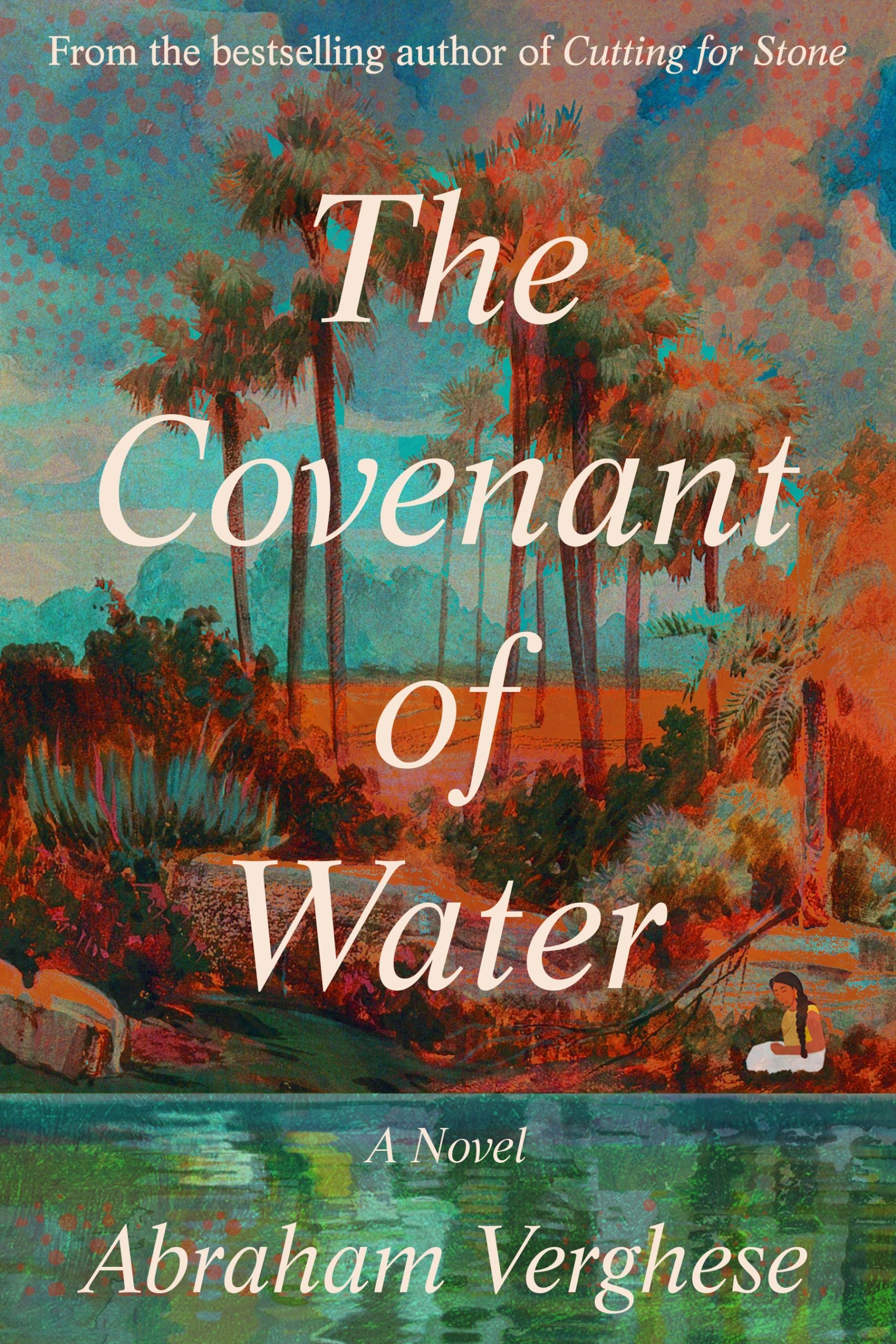 Abraham Verghese's sprawling second novel, The Covenant of Water, traces the epic story of a family in southern India afflicted by a mysterious condition: at least one person in every generation dies by drowning. Verghese's narrative, spanning seven decades, is both a compassionate family saga and an account of medicine, politics, art, women's rights, and the legacy of British colonialism in India.
Abraham Verghese's sprawling second novel, The Covenant of Water, traces the epic story of a family in southern India afflicted by a mysterious condition: at least one person in every generation dies by drowning. Verghese's narrative, spanning seven decades, is both a compassionate family saga and an account of medicine, politics, art, women's rights, and the legacy of British colonialism in India.